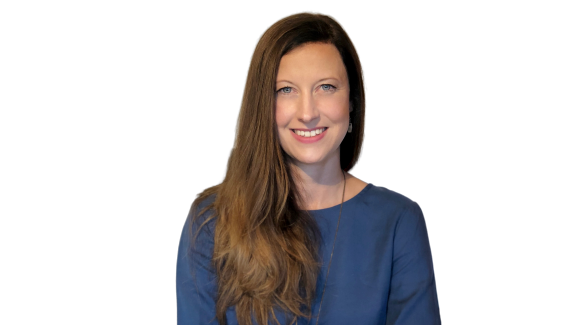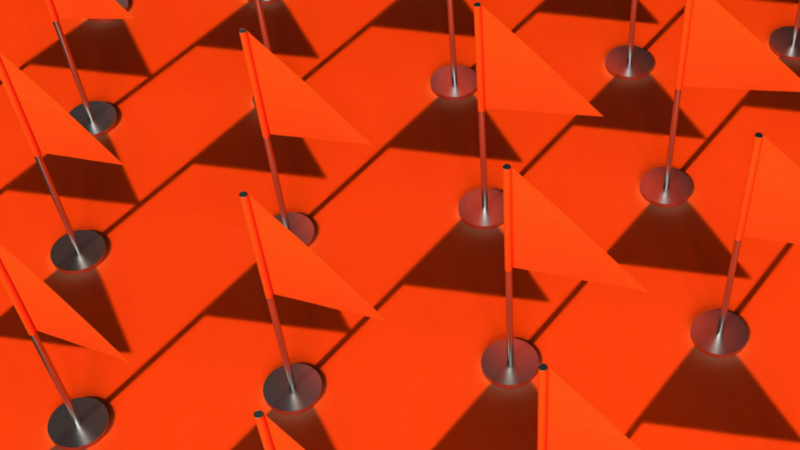Unsere vernetzte Welt verstehen

Der Schmerz geht, der Titel bleibt! Promovieren in 6 Akten (und es ist noch nicht vorbei).
Der Beitrag erfasst die Erfahrungen der HIIG-Doktorandin Martina über den Verlauf ihrer Promotionszeit von bislang zwei Jahren. Mit einem Hauch von Ironie werden die sechs Phasen der bisherigen Hochs und Tiefs geschildert.
Have you ever considered writing a PhD? Have you ever thought of nailing one particular, scientific question and dedicating a short lifetime of yours doing so?
Welcome to the world of PhD students!
One week ago, I had a long chat with a PhD student who had only recently started her research. She asked me so many questions that I started reflecting on my own journey. Having been a PhD student for almost two years now, I would like to dedicate a few lines to that short, yet in its own way memorable, past of mine.
Phase 1: Naïve hopes
At the beginning, you start off your PhD thesis with high hopes – really high hopes to 1) read all relevant literature quickly, 2) understand what you want to say in a glimpse and 3) have a very sharp research question by the end of the first quarter of your studies.
You search for the relevant papers, read, take notes, and get to some kind of orientation of the current status quo in your research field. You also start talking to people – within and outside academia – about your research idea and the possible ways to approach your topic. At this point, you still feel like you can do it, like you can quickly get to your research question and frame your thesis accordingly.
Phase 2: Write a little every day
You start writing down the first ideas you have gathered while reading and talking to people. Initially, all these ideas make sense. They seem to be grounded in literature and relate to phenomena that you have seen out there and want to investigate. Yet, the more ideas you write down, the more you read, the more you write, the less it makes sense. Although everything appeared to be logic when you talked about it, on paper your ideas become a mere a mass of words. You force yourself to get into some mode of writing, phrasing and storylining, but it just does not lead anywhere.
Phase 3: Downward drills
Therefore, you consider getting the opinion of others – once again. But to your horror you get to notice that, by now, you have lost your former supporters as well. While only weeks ago, they still nodded at your ideas, you now only get confused looks when you give presentations, hold workshops or talk about your research. Similarly, comparing your first research outlines to literature becomes more perplexing every day. Simultaneously, sensible access points for data gathering go away.
Phase 4: Just go out there
Your confused, yet still supportive, peers advice you: “Just send a short paper or an outline to a conference. Get feedback!” That, however, only makes things worse. The short moments of happiness when you receive a conference invite quickly fade once you have received the confused looks by a whole conference crowd. To make ends worse, some fellow researchers pretend to understand what you are doing. They encourage you to follow your leads or even want to cooperate. How can you possibly collaborate in research, when you yourself don’t get your topic any more? But given the current combination of low self-esteem and craving for appreciation, you agree to kick off a paper with some fellow researchers.
Phase 5: Take a deep breath and start to accept
Let’s wrap that up: By now, you have lost belief in your topic, are confused by the literature out there just like the possibility of gathering appropriate data. Basically, you don’t know any more what you set out to do in your PhD. Additionally, there is so much side work coming in from professors, fellow researchers, colleagues, post docs etc. so that time becomes your biggest constraint. The fear of never being able to finish grows.
But it was your decision to do a PhD. It was you who had once been passionate about your topic. Hence, it is going to be you to start all over again. You know now that a PhD student is required to be all in one person: the superior, the mentor, the project manager, the intern and the team member. Doing a PhD can become lonely at times, but you have come to accept that.
A glass of good red wine and a long night up might help to clear your thoughts and re-build your academic self-esteem on what is left. Once you have drawn the first pictures, connected some dots and written down the first lines, your previous endeavours seem to make sense again. Maybe you won’t be able to get to a completely logic and exhaustive storyline in that one night, but you have entered the right path again.
Phase 6: Light the fire
Starting off from scratch or bits of scratches again, is what probably happens to most PhD students. The big challenge of writing a PhD is connecting all the small pieces, creating an inherent logic along with regaining the meta-perspective on a regular basis. While it is easy to get lost in details, it is really hard to keep the meta-level constantly in mind. The sudden realisation that your writing actually makes sense will raise the spirits. The fire for your topic starts to burn again and your insights start to fall into place. At this stage, writing the first few papers gets easier and lighter. Additionally, you might develop some appreciation for the loneliness of your PhD work because it actually gives you the freedom to think, act and work at your own pace and time.
Being halfway through my dissertation project now, people keep telling me that there are still more phases to come. I presume the pain will continue for a little while longer. Therefore, this blog post shall be continued in one year from now in order to reflect on the stages to come.
Dieser Beitrag ist Teil der regelmäßig erscheinenden Blogartikel der Doktoranden des Alexander von Humboldt Institut für Internet und Gesellschaft. Er spiegelt weder notwendigerweise noch ausschließlich die Meinung des Institutes wieder. Für mehr Informationen zu den Inhalten dieser Beiträge und den assoziierten Forschungsprojekten kontaktieren Sie bitte info@hiig.de.
Dieser Beitrag spiegelt die Meinung der Autorinnen und Autoren und weder notwendigerweise noch ausschließlich die Meinung des Institutes wider. Für mehr Informationen zu den Inhalten dieser Beiträge und den assoziierten Forschungsprojekten kontaktieren Sie bitte info@hiig.de

Jetzt anmelden und die neuesten Blogartikel einmal im Monat per Newsletter erhalten.
Offene Hochschulbildung
Freundlich, aber distanziert: Die unbeabsichtigten Folgen KI-generierter E-Mails
KI-generierte E-Mails sparen Mitarbeitenden Zeit und erleichtern den Arbeitsalltag. Aber verlieren wir dadurch unsere Kommunikationsfähigkeiten?
KI am Mikrofon: Die Stimme der Zukunft?
Von synthetischen Stimmen bis hin zu automatisch erstellten Podcast-Folgen – KI am Mikrofon revolutioniert die Produktion digitaler Audioinhalte.
Haben Community Notes eine Parteipräferenz?
Dieser Artikel analysiert, ob Community Notes Desinformation eindämmen oder ob ihre Verteilung und Bewertung politische Tendenzen widerspiegeln.




